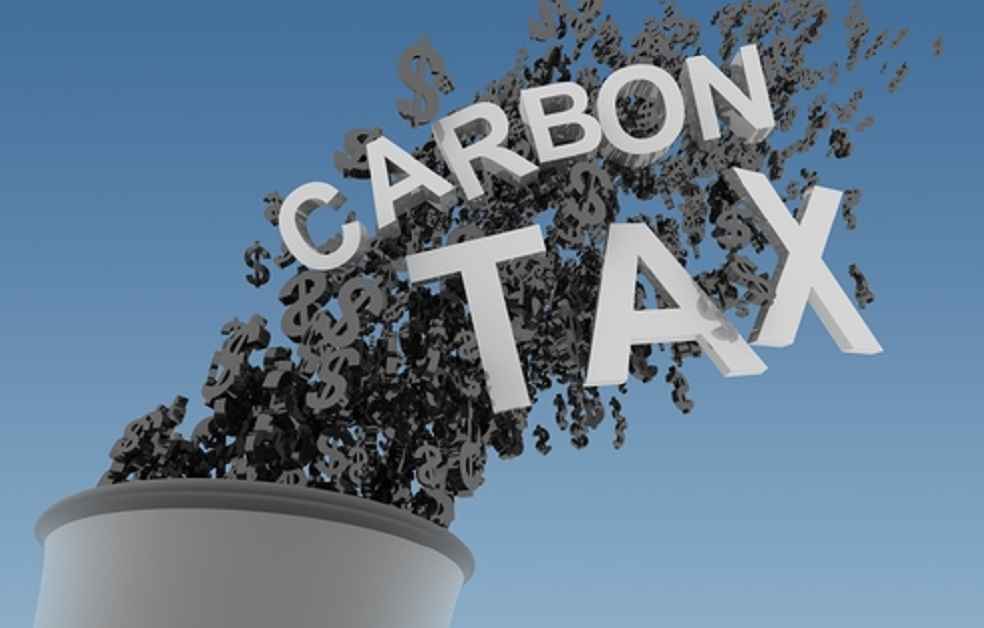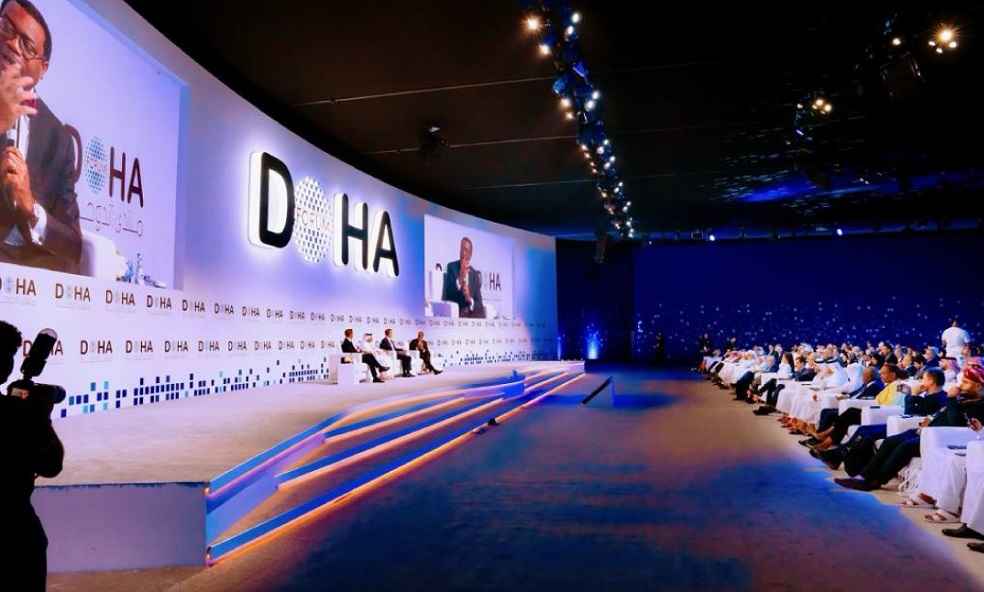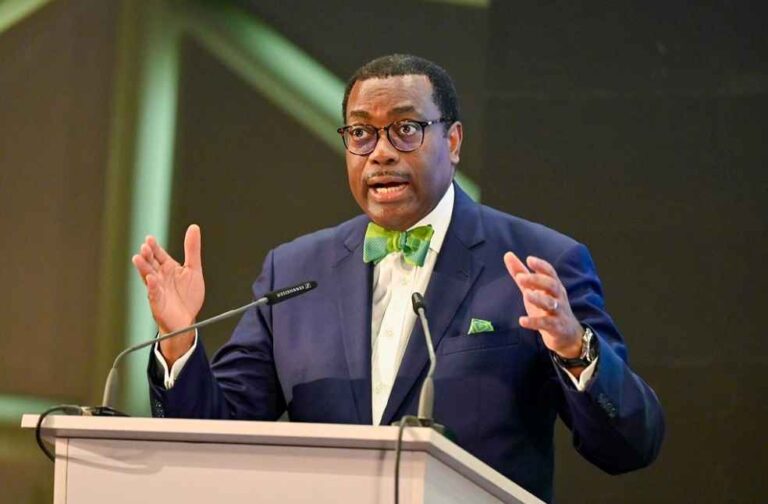Dr. Akinwumi Adesina, President of the African Development Bank Group, raises alarm over the European Union’s carbon border tax. Speaking at the Doha Forum, Adesina warned that this carbon tax could derail Africa’s industrial progress. Targeting imports like cement and steel, the EU’s tax could place an 80 euros per tonne burden on African exporters, risking a regression to raw commodity exports.
Adesina argues against the unfairness of this tax during Africa’s energy transition. He advocates for a balanced energy mix, emphasizing natural gas’s role in Africa’s industrial future, and calls for equitable trade practices.
Doha Forum: A Platform for Critical Debates
The Doha Forum hosted discussions on the global debt crisis and climate action. Moderated by CNBC’s Dan Murphy, the panel included Adesina, Qatar’s Finance Minister Ali bin Ahmed Al Kuwari, and Børge Brende, President of the World Economic Forum.
Adesina criticized developed countries for imposing policies that disrupt the balance set by the Paris Agreement, compelling developing nations to rush towards net-zero emissions.

Climate Change vs. Economic Viability
Brende acknowledges the challenges of transitioning to a decarbonized society. He stresses the need for a gradual and cost-effective shift from coal to cleaner energies like natural gas.
Minister Al Kuwari discussed the high ambitions of climate targets, often seen as too aggressive. Highlighting Qatar’s role as a responsible energy provider, he supports natural gas as a bridge fuel. Qatar plans to boost production by 2027, aiming for attainable climate objectives.
Multilateral Banks: Key to Climate Finance
Adesina highlights Multilateral Development Banks’ (MDBs) role in mitigating Africa’s debt and development issues. He calls for the effective utilization of tools like Special Drawing Rights (SDRs) and suggests reforms in global finance. Africa’s modest share of $33 billion out of $650 billion in SDRs underscores the need for change.
A collaboration between the African Development Bank and the Inter-American Development Bank suggests channeling SDRs to MDBs, potentially multiplying available funds for climate finance.

Global Debt: A Rising Concern
Brenda points to unprecedented global debt levels, drawing parallels with the era of the Napoleonic wars. He expresses concern over various countries’ debt management abilities, citing the U.S.’s significant debt service costs.
Minister Al Kuwari shares Qatar’s success in reducing its debt ratio through fiscal discipline, offering a model for other nations facing high debt.
The Doha Forum sheds light on the need for balanced and realistic strategies in climate action and economic management. It underscores the importance of international cooperation and equitable solutions, especially for developing countries facing the brunt of these global challenges.
LATEST NEWS | UAE and Australia to Ink Game-Changing Economic Partnership



